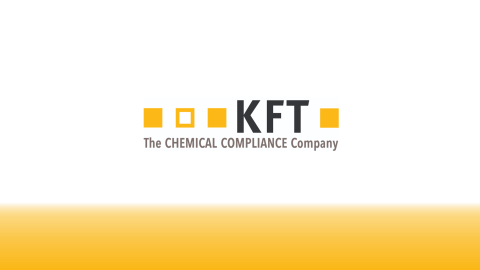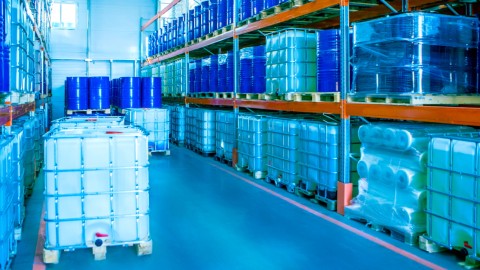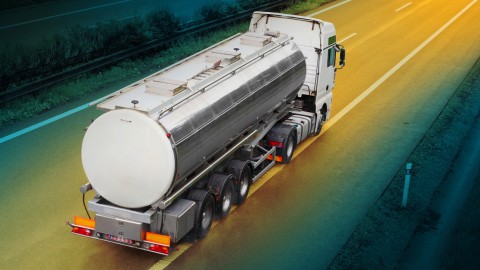Chemicals legislation in Great Britain and the EU - differences you should know about
The chemical regulations of the EU and the UK are drifting apart. Affected companies must therefore take a close look and evaluate products separately for the EU and the UK.
Since Brexit, chemicals legislation in the EU (REACH and CLP regulations) and in the UK (UK REACH and UK CLP) has developed unevenly. The tricky thing is that the differences usually lie in the details. However, you should be aware of the resulting obligations in order to ensure the marketability of your products.
Example safety data sheets (SDS) and labeling
While Regulation 2020/878 has been in force in the EU since January 2021, Regulation 2015/830 still applies in the UK. This results in different requirements for the content and structure of SDSs in the EU and UK. This scissor effect has been exacerbated by the introduction of new hazard classes in the EU in accordance with Regulation 2023/707 , as the UK has not adopted these additional hazard classes. The different legal frameworks also result in different labeling requirements for companies in the EU and the UK.
Example of product notifications under Article 45 Annex VIII
In order to ensure emergency medical care, companies in the EU are obliged to provide information on hazardous mixtures to the relevant competent authorities. This is stipulated in Article 45 Annex VIII of the CLP Regulation. In the UK, however, this reporting obligation does not apply. Instead, companies can voluntarily send substance information to the National Poisons Information Service.
Example of substance registration
As in the EU, there is a registration obligation in the UK for all substances that are manufactured or imported there in quantities of more than one tonne. The following special features must be observed:
- With the entry into force of UK-REACH, EU/EEA countries became third countries. Companies that were downstream users before Brexit now have importer status and are therefore subject to registration.
- This registration obligation is linked to staggered deadlines. These apply to UK companies if they transfer EU REACH registrations directly to UK REACH (grandfathering) or submit a so-called Downstream User Import Notification (DUIN).
- Substances in the tonnage band >1 t that are new to the UK market must be registered immediately
- EU companies can only register in the UK via a British Only Representative (OR)
The further development
It can be assumed that the requirements and obligations will differ more and more with each further legislative amendment. The diverging requirements in the EU-CLP and UK-CLP, for example, have an impact on the content of the dossiers, an effect that will intensify in the future. The UK is also currently working on an alternative REACH registration model.
Who we are
KFT Chemieservice GmbH, an Infraserv Höchst Group company, is one of Germany's leading chemical compliance service providers. Our services ensure that companies comply with all chemical law requirements without exception.
What services we offer you
- Advice on requirements and obligations in the GB market
- Creation of SDSs for products in the UK and their labeling
- Implementation of substance registrations and the necessary measures within the scope of grandfathering and DUIN
- Assuming the role of sole representative
It's best to get in touch with us right away.




